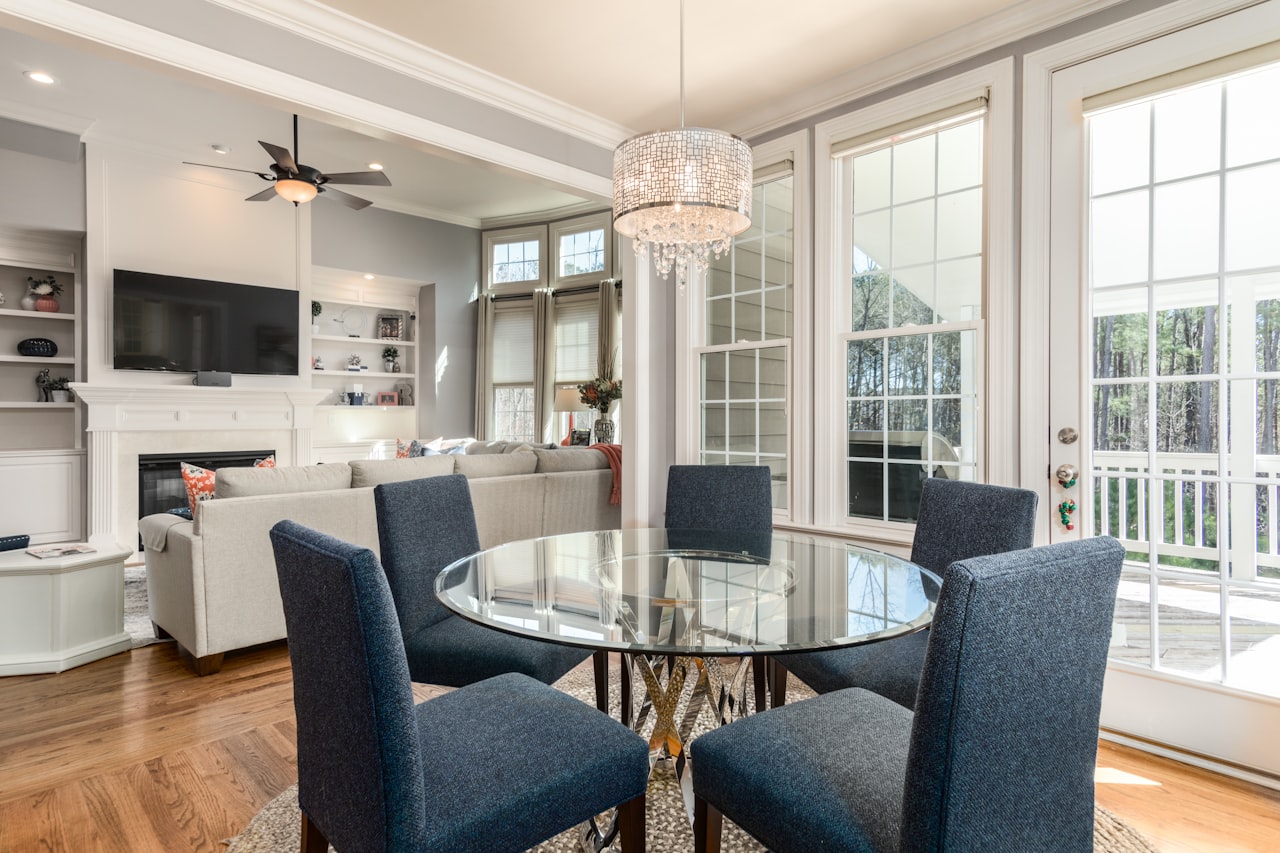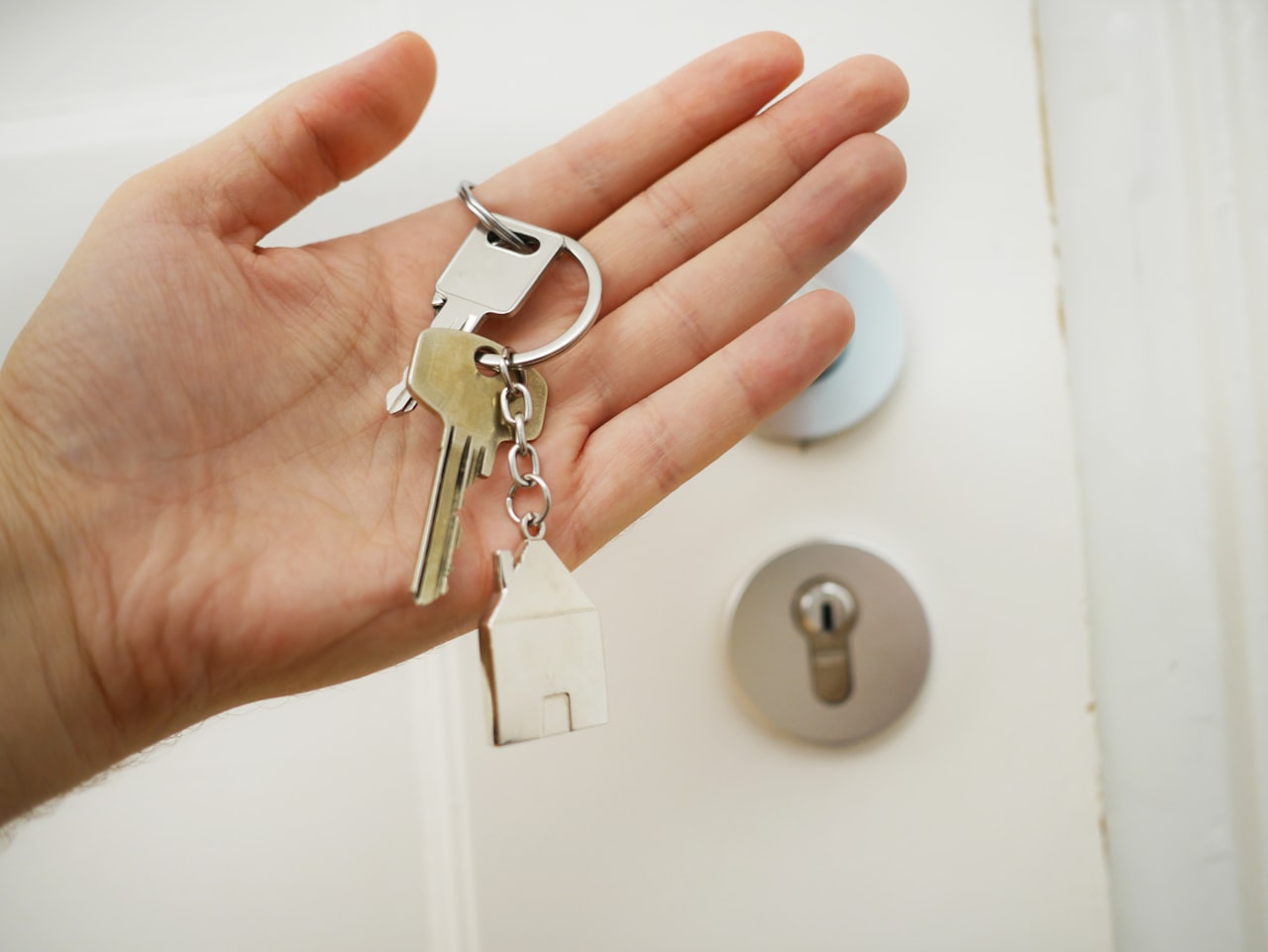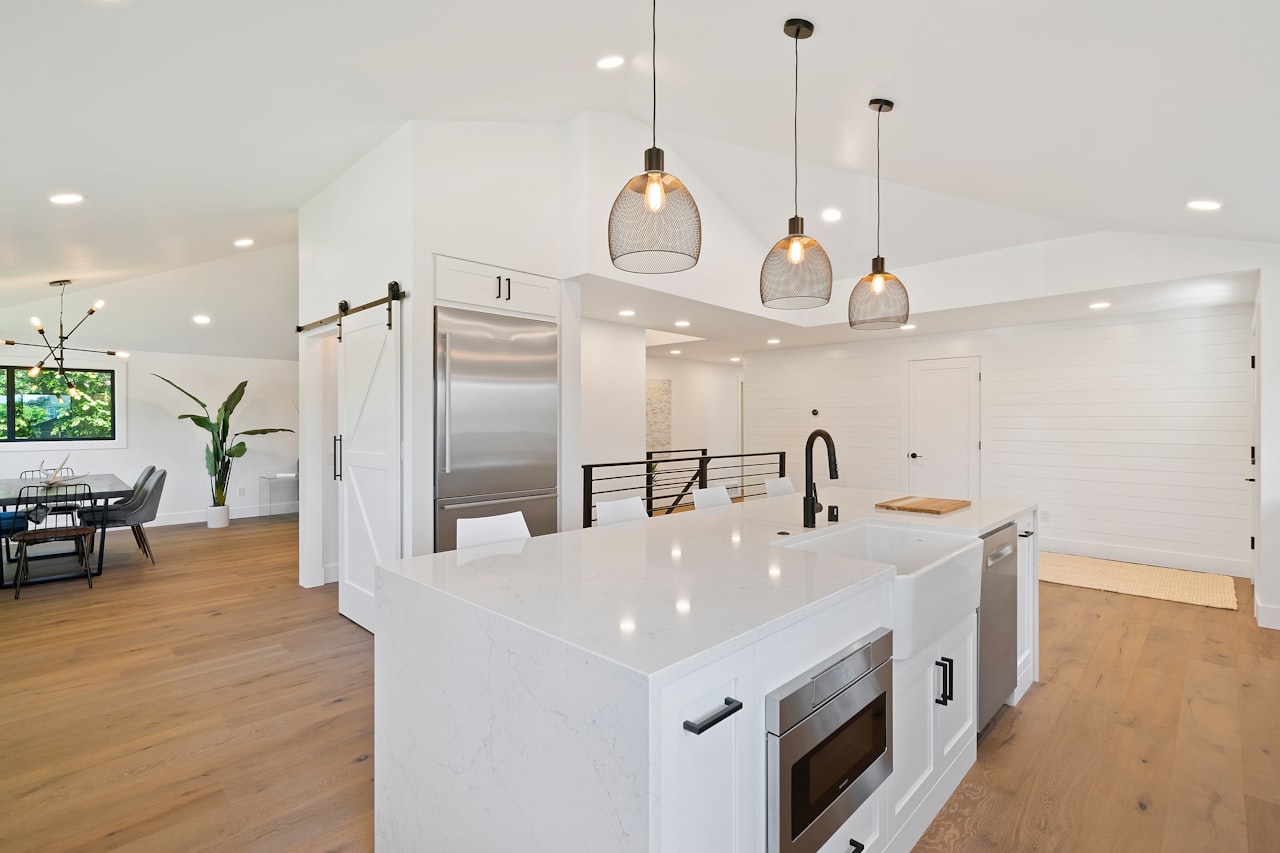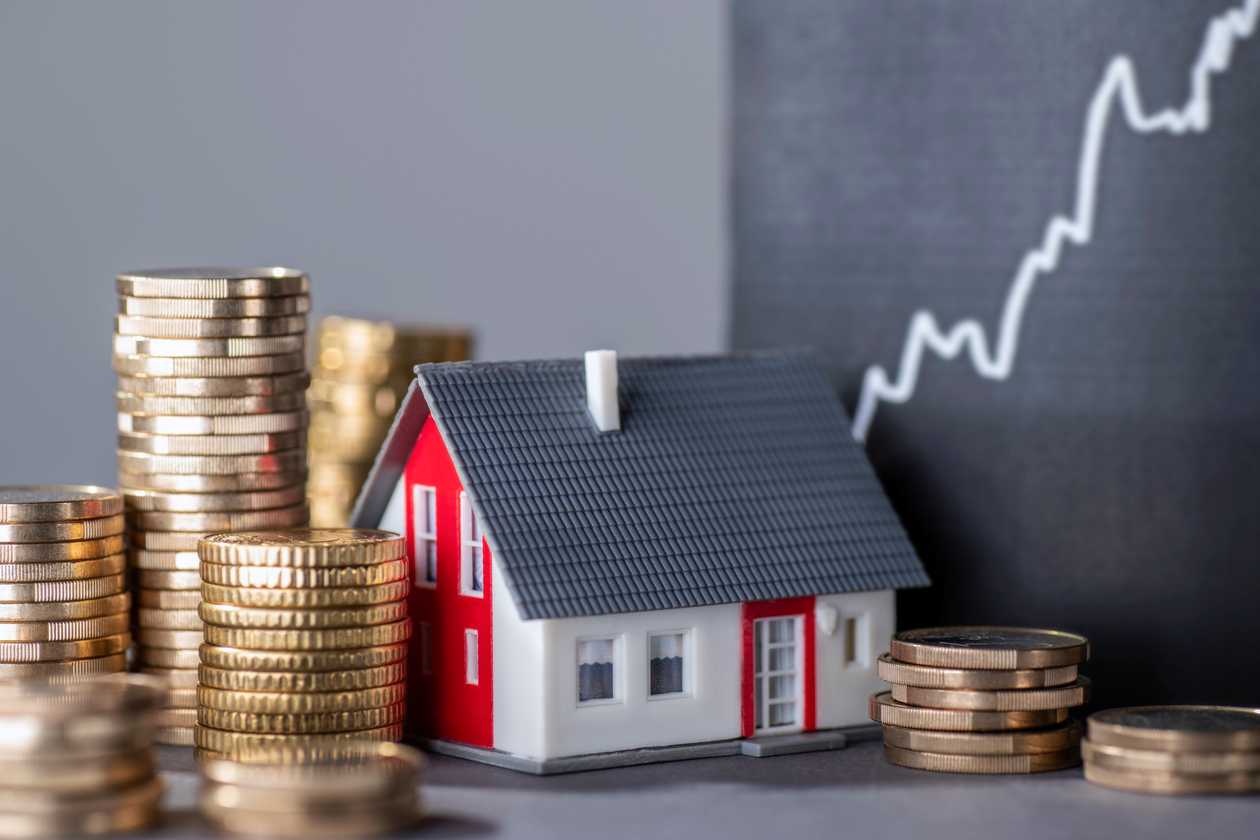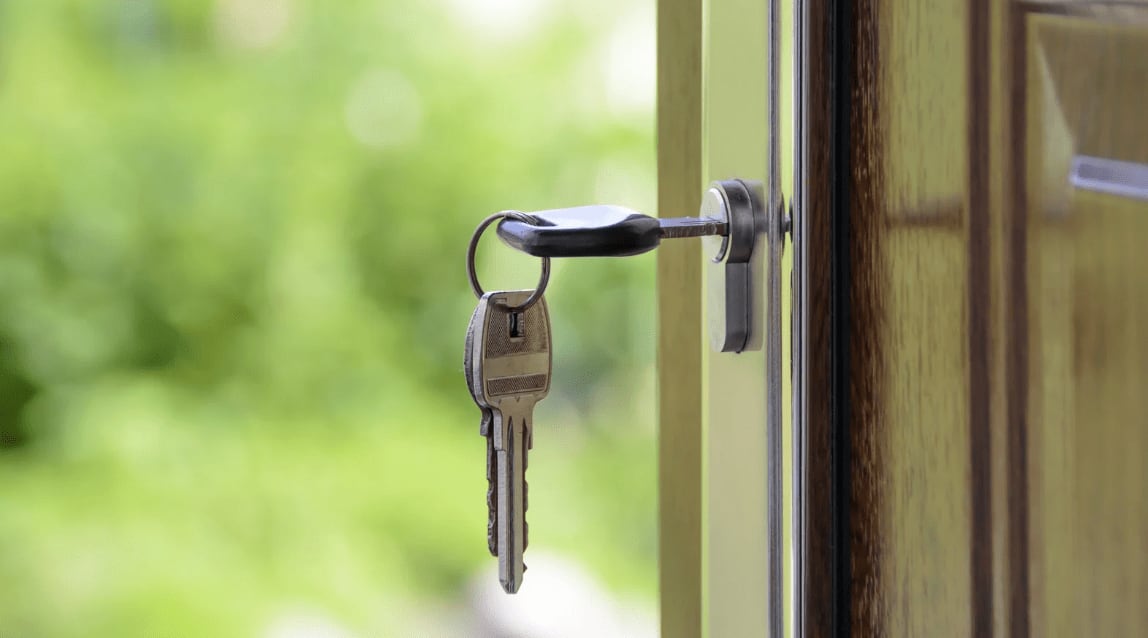The integration of smart home technology into residential properties has revolutionized the way we live, offering convenience, comfort, and efficiency like never before. From intelligent thermostats to connected security systems and voice-activated assistants, smart home devices are transforming the modern home into a hub of connectivity and automation. We'll explore the rise of smart home technology, its impact on the real estate market, and what buyers should know when considering a smart home purchase to ensure as buyers, you can equip yourself with informative knowledge.
Understanding Smart Home Technology: Smart home technology refers to a range of devices and systems that are connected to the internet and can be controlled remotely or automated to perform tasks autonomously. These devices include smart thermostats, smart lighting, smart locks, security cameras, doorbell cameras, smart appliances, and voice-activated assistants such as Amazon Alexa and Google Assistant. Smart home technology enables homeowners to monitor and control various aspects of their home from anywhere using a smartphone, tablet, or computer.
Benefits of Smart Home Technology: The adoption of smart home technology offers numerous benefits for homeowners, including increased convenience, energy efficiency, home security, and comfort. Smart thermostats can adjust temperature settings based on occupancy patterns and weather conditions, saving energy and reducing utility bills. Smart lighting systems allow users to customize lighting levels and schedules to suit their preferences and automate lighting based on occupancy. Smart security cameras and doorbell cameras provide real-time monitoring and alerts, enhancing home security and peace of mind.
Integration and Compatibility: When considering smart home technology, it's essential to ensure compatibility and integration between different devices and systems. Many smart home devices are designed to work together seamlessly through common platforms such as Apple HomeKit, Google Assistant, and Amazon Alexa. Buyers should research compatibility requirements and consider investing in devices that are part of the same ecosystem to streamline setup and operation.
Cost Considerations: While smart home technology offers significant benefits, it's essential to consider the cost implications of outfitting a home with smart devices. Prices for smart home devices vary widely depending on features, brand, and functionality. Buyers should assess their budget and prioritize devices based on their needs and preferences. In some cases, investing in smart home technology may yield long-term cost savings through energy efficiency and increased property value.
Potential Challenges: Despite the many benefits of smart home technology, there are potential challenges and considerations for buyers to be aware of. These include compatibility issues between devices from different manufacturers, cybersecurity risks associated with internet-connected devices, and the need for ongoing maintenance and updates. Buyers should research smart home technology carefully, seek expert advice, and weigh the pros and cons before making purchasing decisions.
Market Trends and Demand: The demand for smart homes is on the rise, driven by increasing consumer awareness, technological advancements, and a growing desire for convenience and connectivity. Homebuyers are increasingly seeking properties equipped with smart home technology, viewing it as a valuable amenity that enhances quality of life and resale value. Real estate agents report that homes with smart features tend to sell faster and command higher prices than comparable properties without smart technology.
The rise of smart home technology represents a significant shift in the way we live and interact with our homes. From increased convenience and energy efficiency to enhanced security and comfort, smart home devices offer a range of benefits for homeowners. When considering a smart home purchase, buyers should educate themselves about available technology, assess compatibility and integration requirements, consider cost implications, and weigh potential challenges. By staying informed and making informed decisions, buyers can leverage smart home technology to enhance their living experience and future-proof their homes for years to come.
For personalized guidance and expert assistance with purchasing a smart home, consult with Sam Kaplunov - your trusted advisor in navigating the world of smart home technology and finding the perfect home for your needs.



